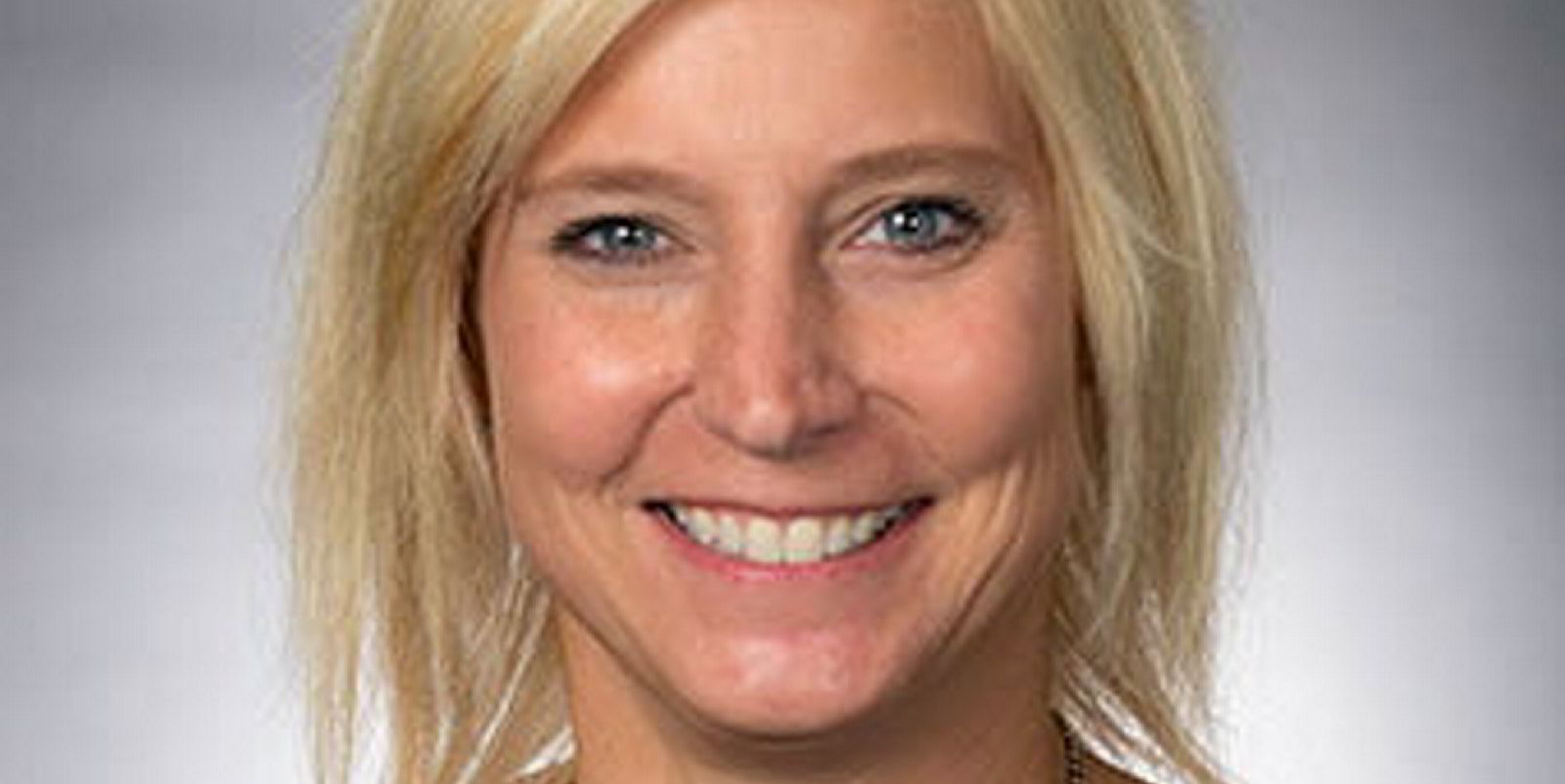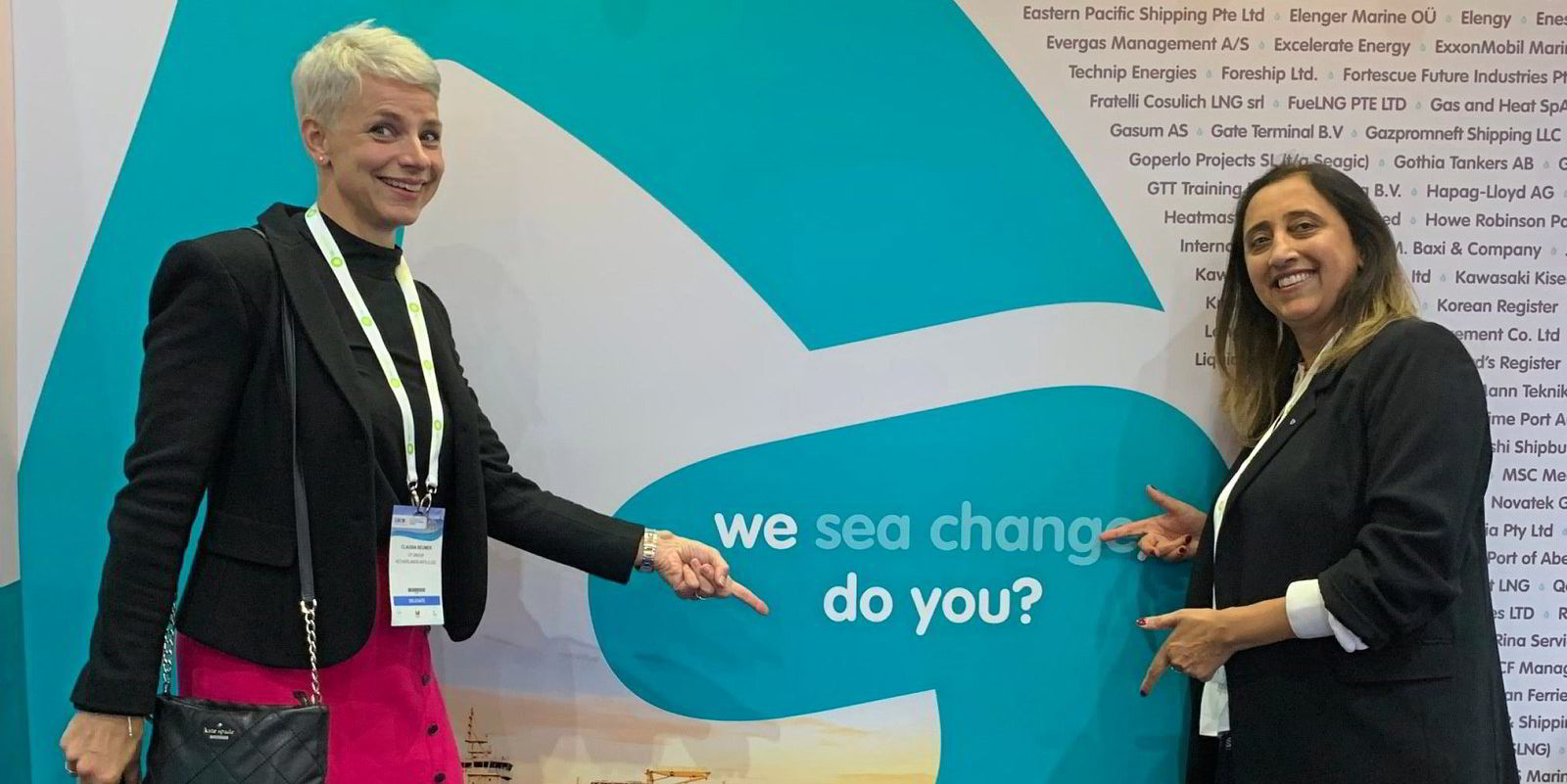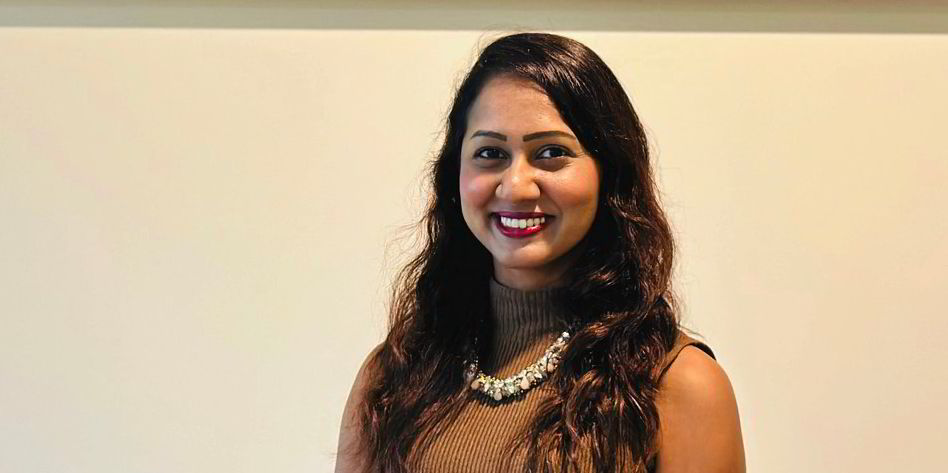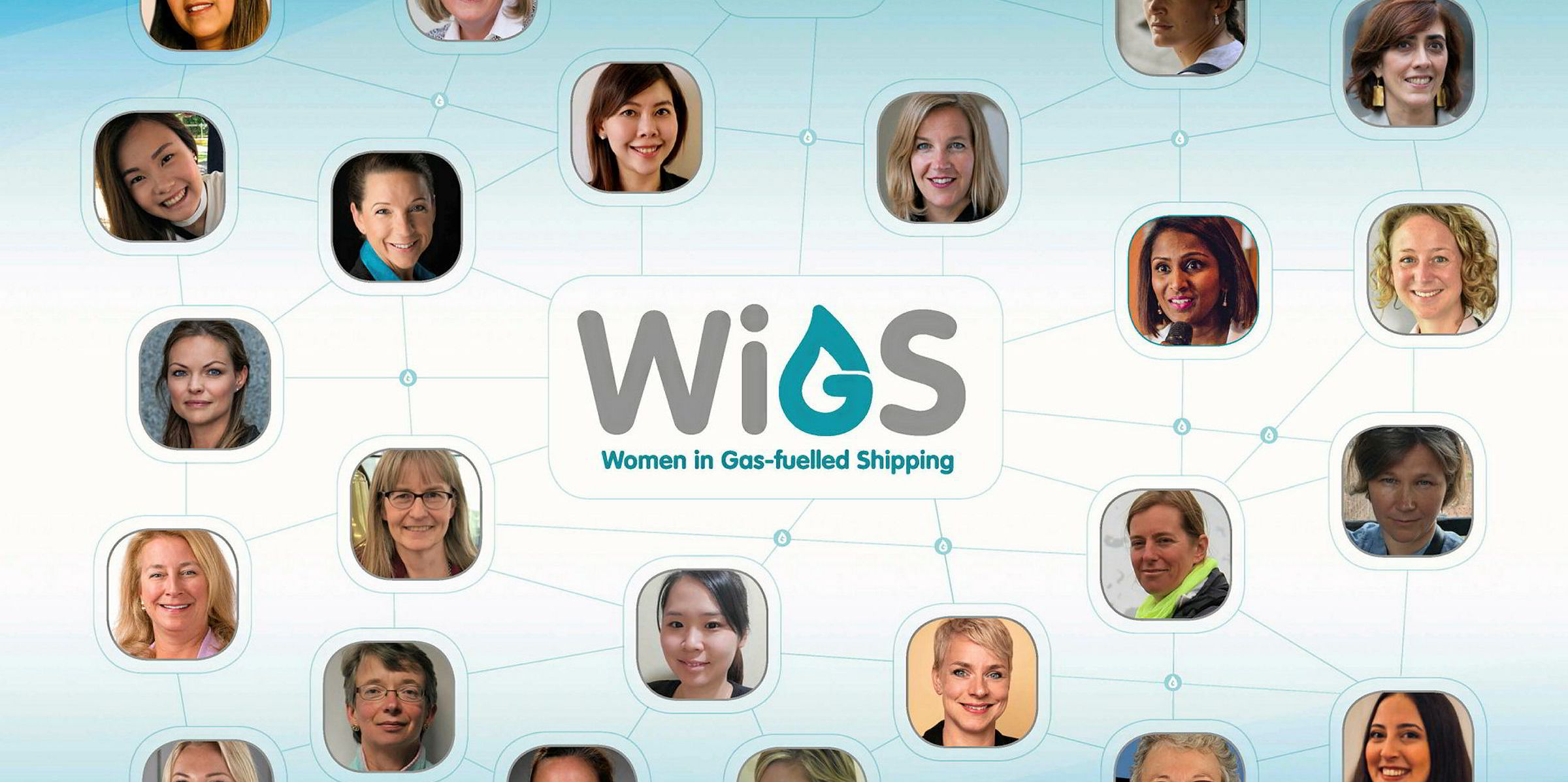An initiative to promote women working in the maritime fuelling sector is tweaking its name as the industry embraces the full range of future fuels.
The creatively named Women in Gas-fuelled Shipping, or WiGS, which was set up through the Society for Gas as a Marine Fuel (SGMF) in late 2019 to support gender diversity and inclusion in the sector, will become Women in Green Shipping as the world marks International Women’s Day.
SGMF head of operations Krishna Ruparelia, who was instrumental in setting up WiGS, said that in the past 18 months, SGMF has come into contact with women working in a broader range of sectors such as ammonia, methanol and biofuels, who stress that their roles are about decarbonising shipping.
Given the number of fuels coming through and the need to encourage young women into the sector as it expands, she said the group has opted for a slight rebrand, with a new logo.
Existing WiGs were consulted and proved positive about the move, Ruparelia said: “We want to highlight, profile and capture women who are working in other fuels.”
More than 50 WiGS have already been profiled. Short pieces about each woman, her career and perspective can be read on the SGMF website.
The aim is to recognise and showcase what these women are doing and their achievements, and for them to be role models to attract others into the business.
Ruparelia hopes to have 100 women featured by the end of 2023 — although she admitted that getting on with “the day job” for everyone can hold up the process for all concerned at times.
She highlighted key women who have been keen and active supporters of the WiGS initiative despite holding senior positions, including Chart Industries chief executive and president Jill Evanko; Mireille Franco, who heads the health, safety, environment & quality and technical department at TotalEnergies Marine Fuels; and Port Hedland Maritime Precinct general manager Karlene Bylund.

Ruparelia — who said that her 18-year-old daughter would not have heard of this industry if her mum had not been working in it — genuinely gets excited at finding new WiGS.
“The women I’m speaking to now are very positive about where they can go,” she told TradeWinds. “Many are now able to see clearer career pathways as the alternative fuels sector grows.”
WiGS has started a small working group that meets up virtually, with participants linking up with each other in person whenever they travel.
Those joining the initiative go into schools to speak about what they do and work with other non-governmental organisations.
But Ruparalia now wants to focus on getting women from WiGS into speaking positions at industry conferences and events.
She said SGMF, which is also moving to ensure a diverse range of panellists at its events, has started a speaker bank on its website where women in the sector can share their profiles so organisers can contact them directly.





